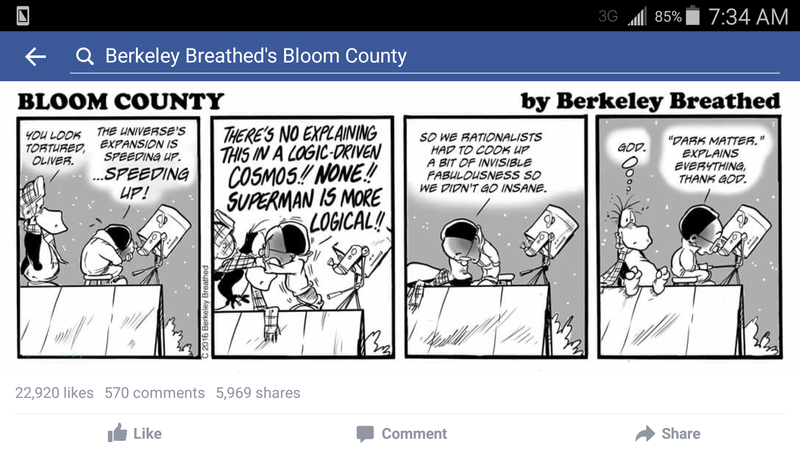I think I got a thread deleted. Anyway, a question was posed. If you found out that Paul held to the ancient Hebrew idea of a disc-shaped earth, with the heavenly bodies in orbit around it all under a solid dome . . .
. . . would that affect your opinion about his doctrinal authority?
I was asked if I thought it would affect his theology. I answered that I thought his cosmology and theology were related, and this is what I mean about that. We are told by our scriptures, that all the lights in heaven were created to "give light upon the earth." So there is a purpose in their creation. The earth is central to that purpose.
But there's more.
We're told that the Sabbath Day was created for man. How do we know it's the Sabbath Day? By the rising and setting of the sun and other astronomical indicators. So, there is a day, a block of time, that was created for a being upon the earth. And the sun, moon and stars were created so that he could measure that day and work (or rest) in it. (Don't forget the priests of the temple worked on the Sabbath.)
And so, the foundation of Paul's cosmology would be his theology, and that is how they're related. If he read the heavens as he should, then his fallacious notions concerning astrophysics, if he had any, would be irrelevant.
. . . would that affect your opinion about his doctrinal authority?
I was asked if I thought it would affect his theology. I answered that I thought his cosmology and theology were related, and this is what I mean about that. We are told by our scriptures, that all the lights in heaven were created to "give light upon the earth." So there is a purpose in their creation. The earth is central to that purpose.
But there's more.
We're told that the Sabbath Day was created for man. How do we know it's the Sabbath Day? By the rising and setting of the sun and other astronomical indicators. So, there is a day, a block of time, that was created for a being upon the earth. And the sun, moon and stars were created so that he could measure that day and work (or rest) in it. (Don't forget the priests of the temple worked on the Sabbath.)
And so, the foundation of Paul's cosmology would be his theology, and that is how they're related. If he read the heavens as he should, then his fallacious notions concerning astrophysics, if he had any, would be irrelevant.
Last edited:

